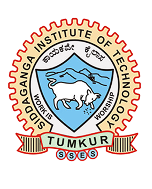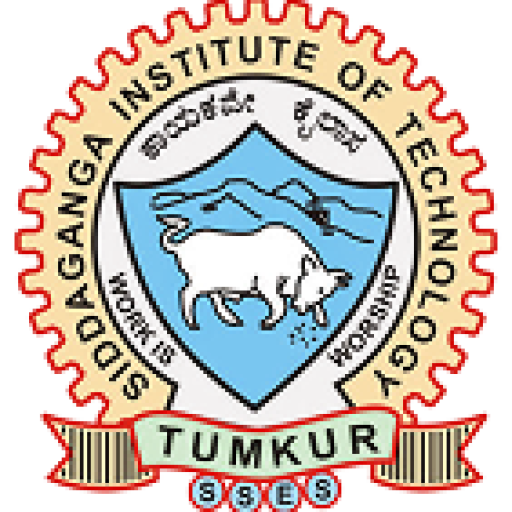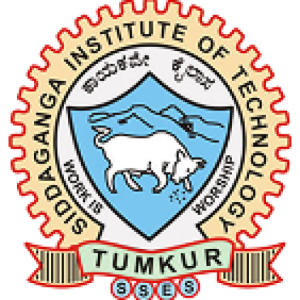Green Initiatives
A journey through our eco-sustainable campus
Siddaganga Institute of Technology is deeply committed to sustainable development and eco-conscious practices. With an emphasis on preserving the environment and instilling ecological awareness in students, SIT has implemented several green initiatives across campus.
SIT is committed to building a better, sustainable world through a range of impactful green initiatives.
Solar Power: SIT has implemented a rooftop solar power plant with a capacity of 360 KW. The plant is located on the roofs of several blocks within the campus and on top of residential quarters.
Research focus: SIT has a dedicated research area focussed on a solar thermal systems and their integration with other technologies, including nanotechnology.
Lush Green Campus
The campus is thoughtfully designed to promote a serene and eco-friendly environment. With abundant trees, landscaped gardens, and green zones across the premises, the lush surroundings not only enhance the aesthetic appeal but also contribute to better air quality and a peaceful atmosphere for learning and innovation.
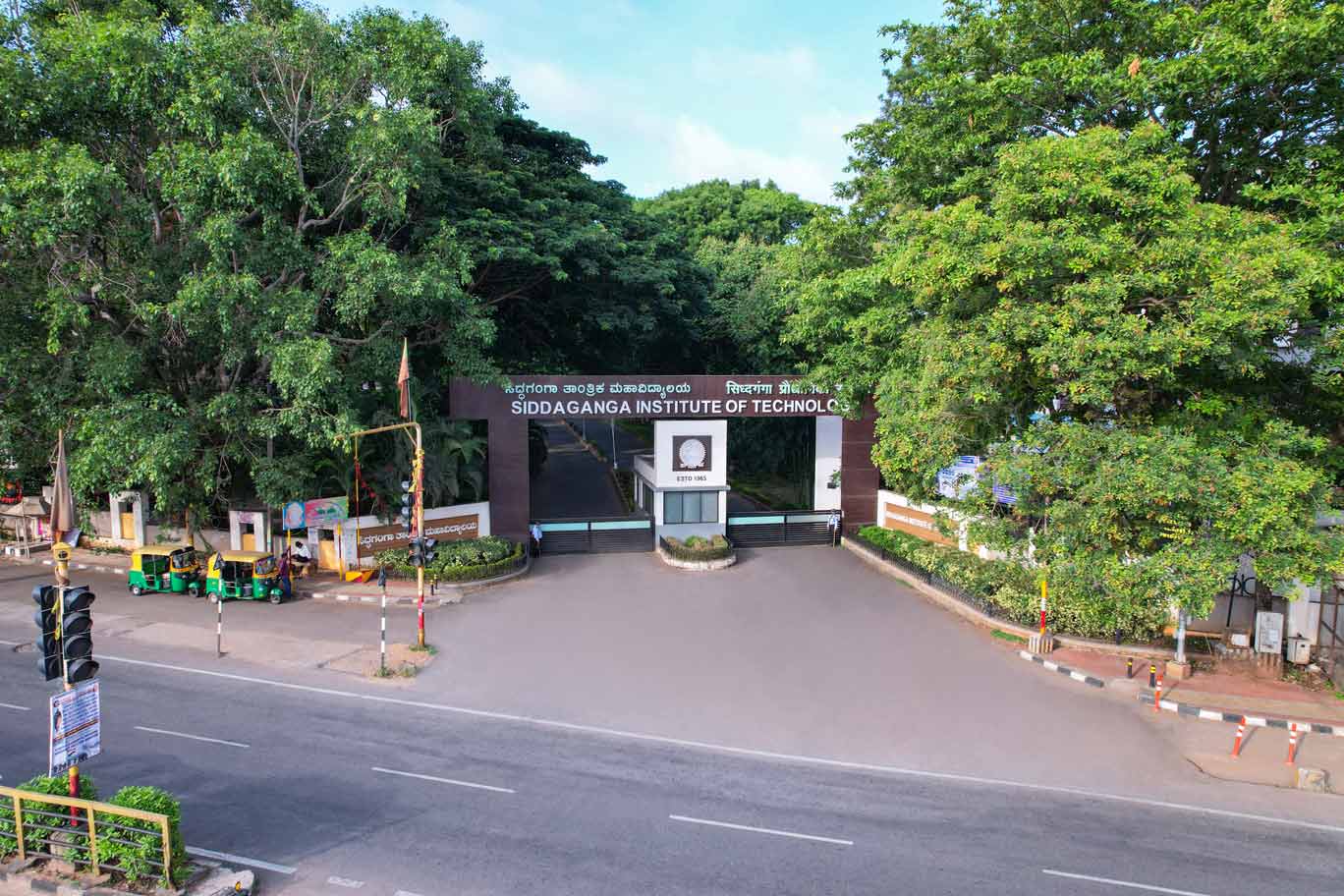

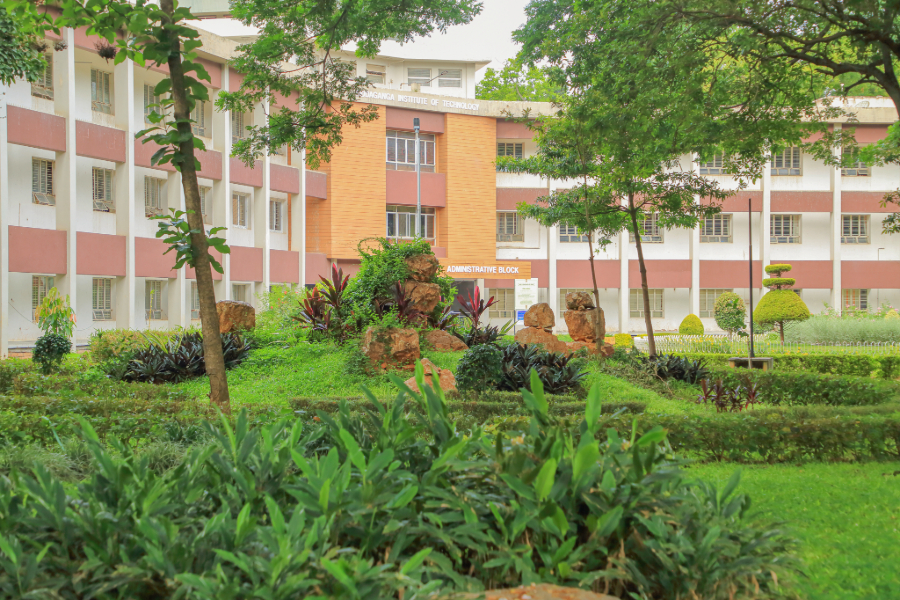
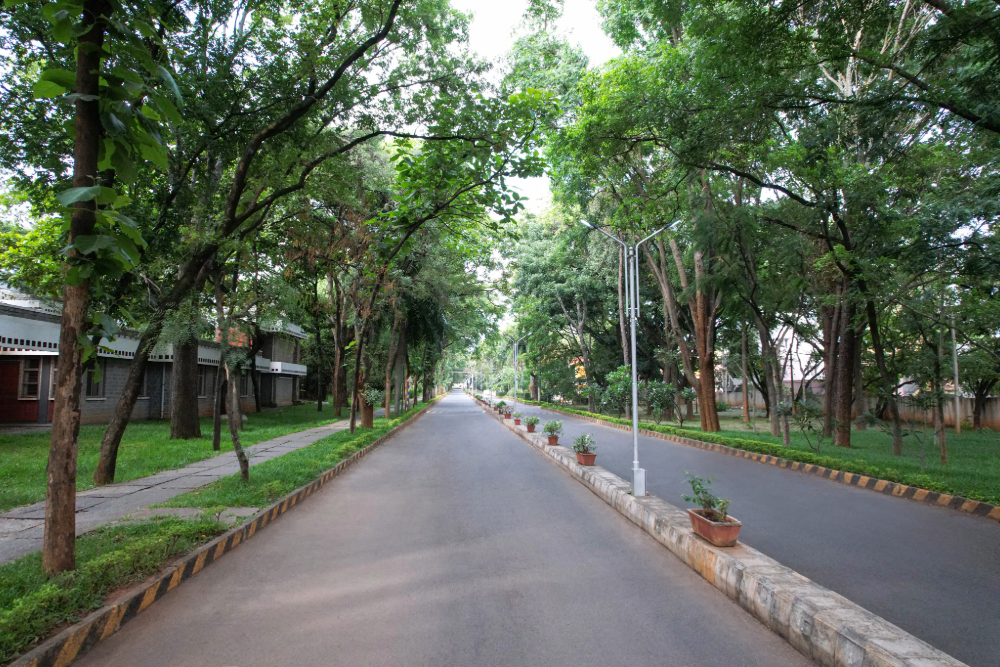
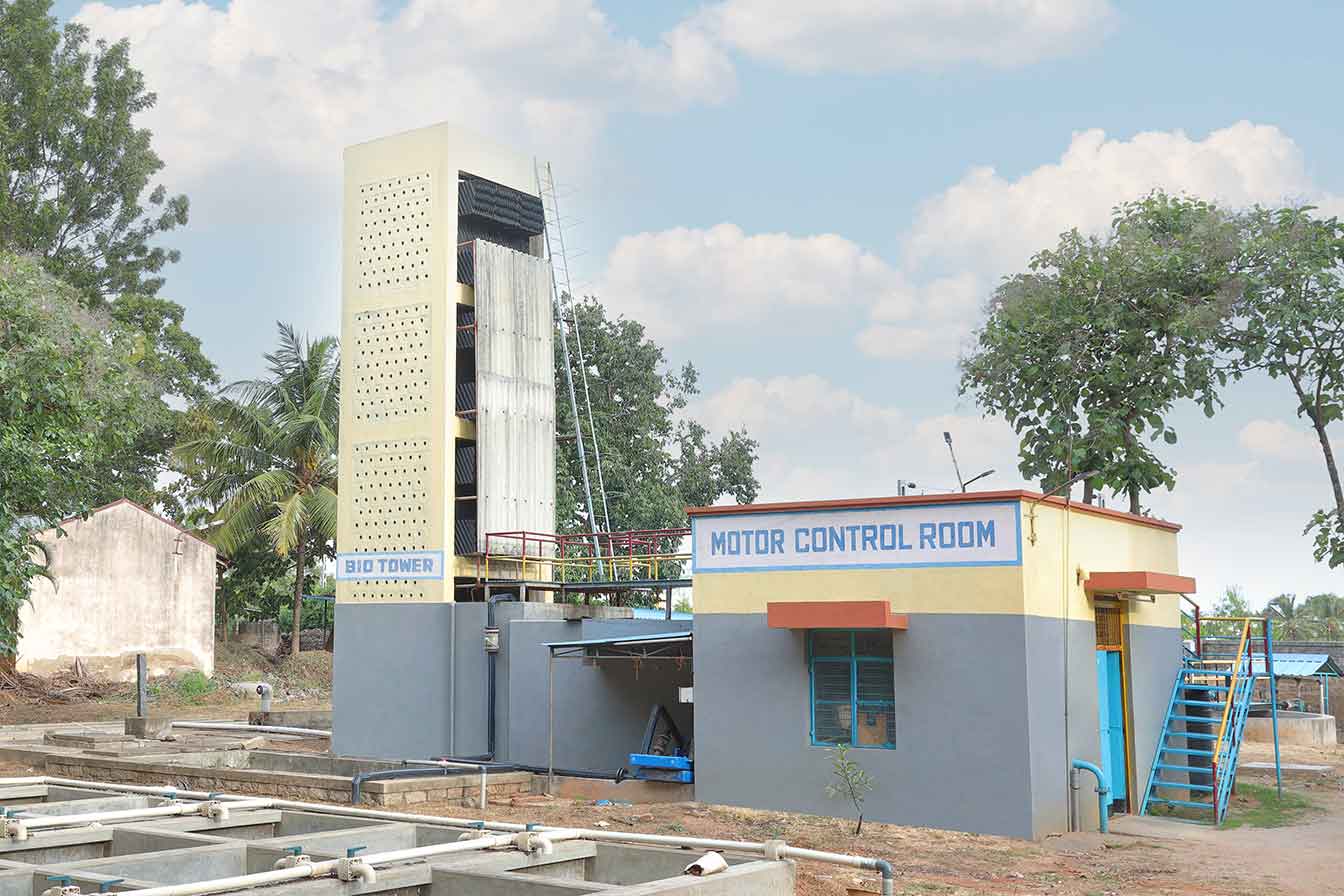
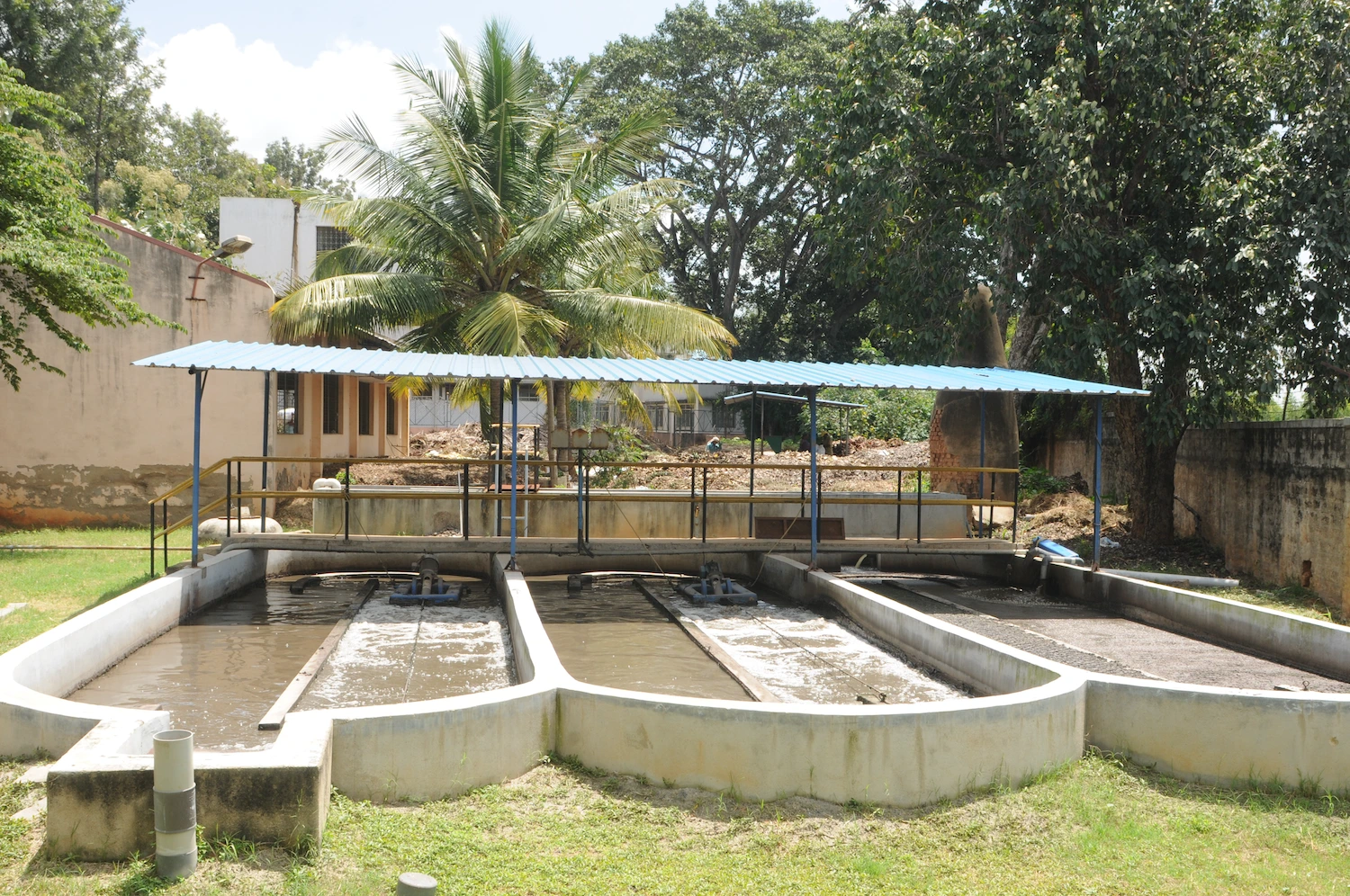
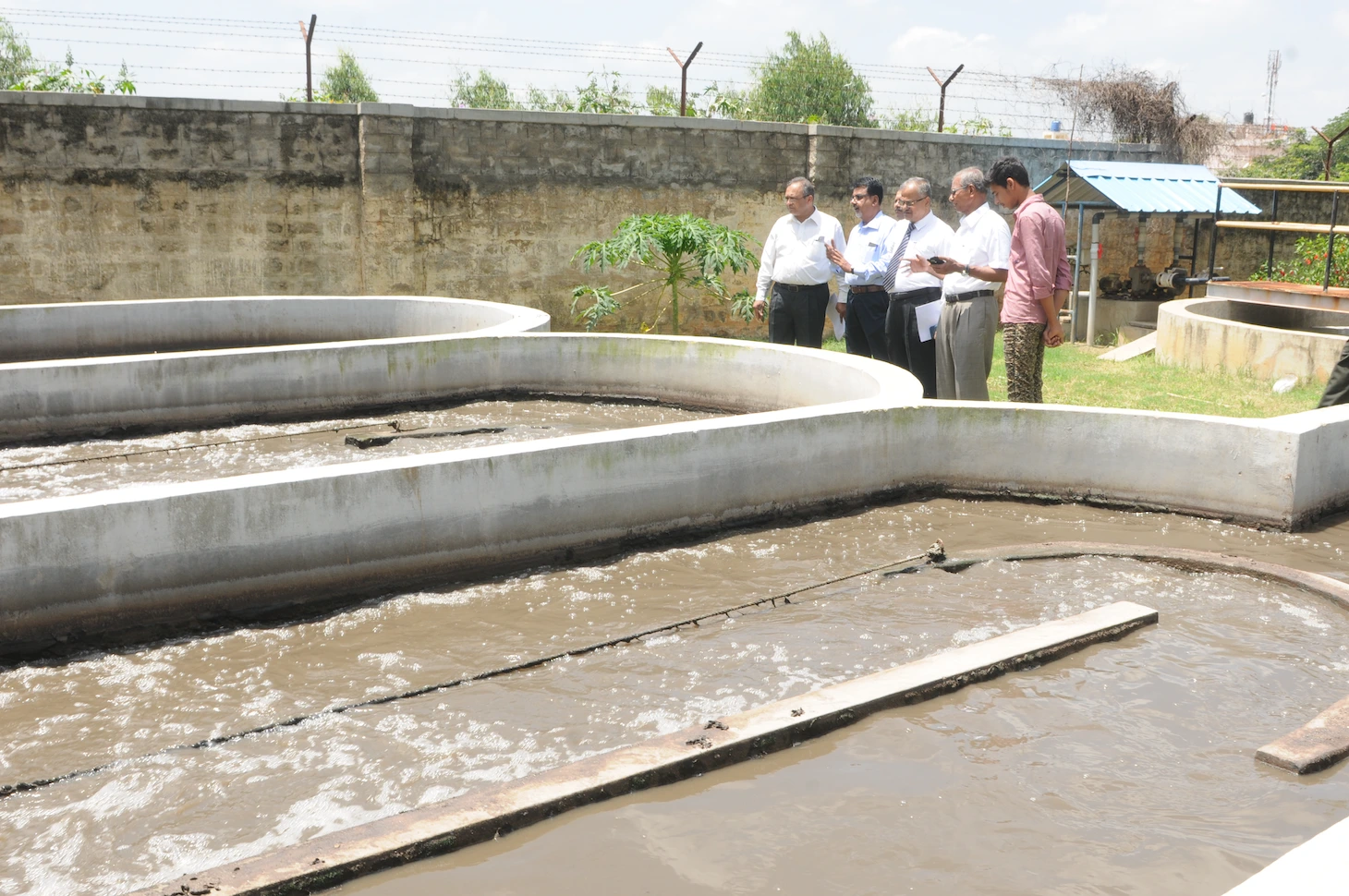
Sewage Treatment Plant
An on-campus Sewage Treatment Plant (STP) ensures that all wastewater is treated and recycled efficiently. This treated water is reused for gardening and non-potable applications, helping the institution conserve water and reduce environmental impact.
Rainwater Harvesting
To make the most of natural resources, the campus is equipped with rainwater harvesting systems.

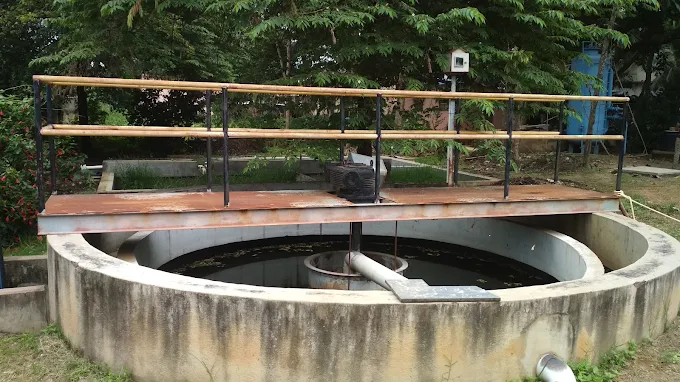
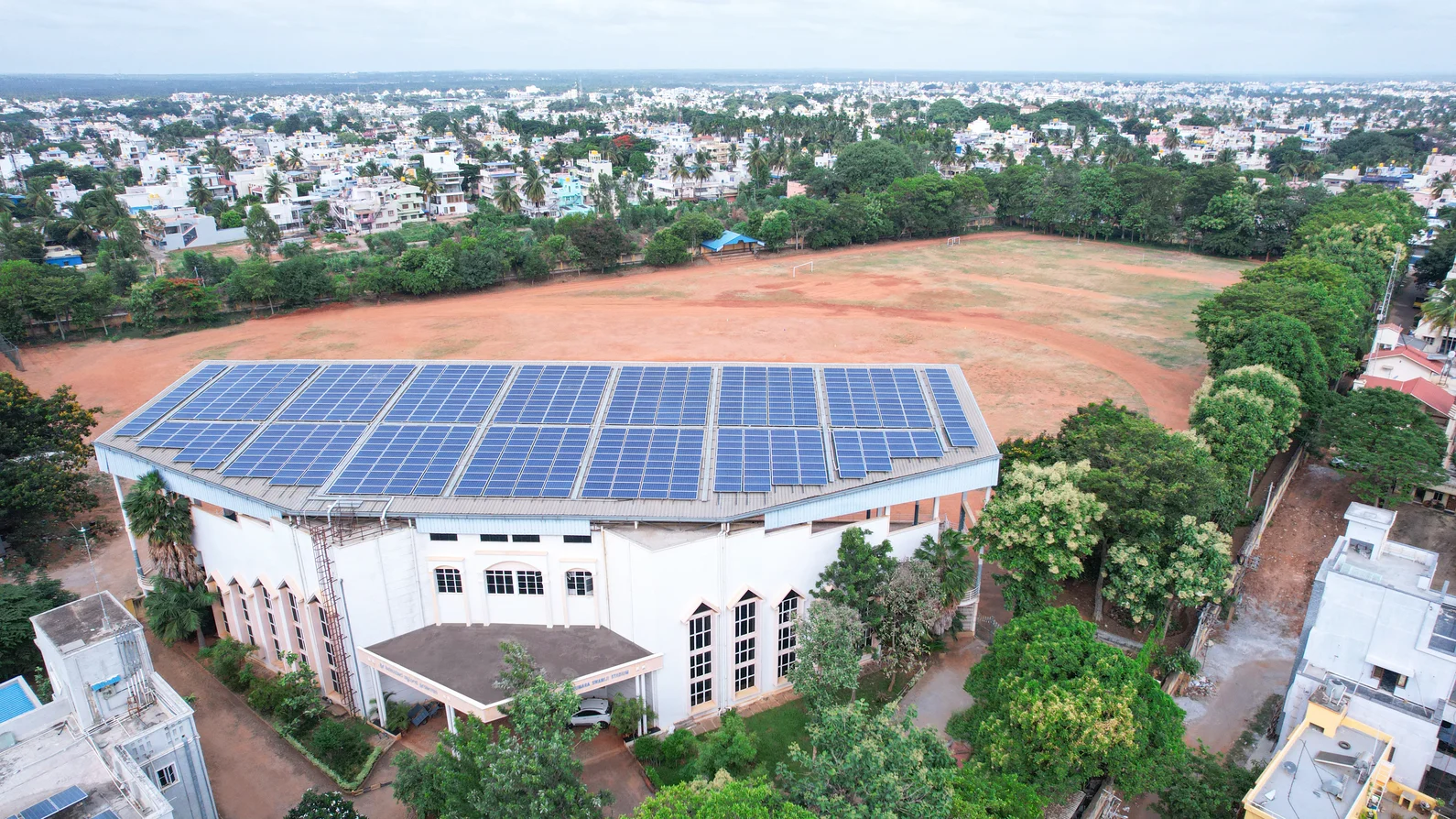
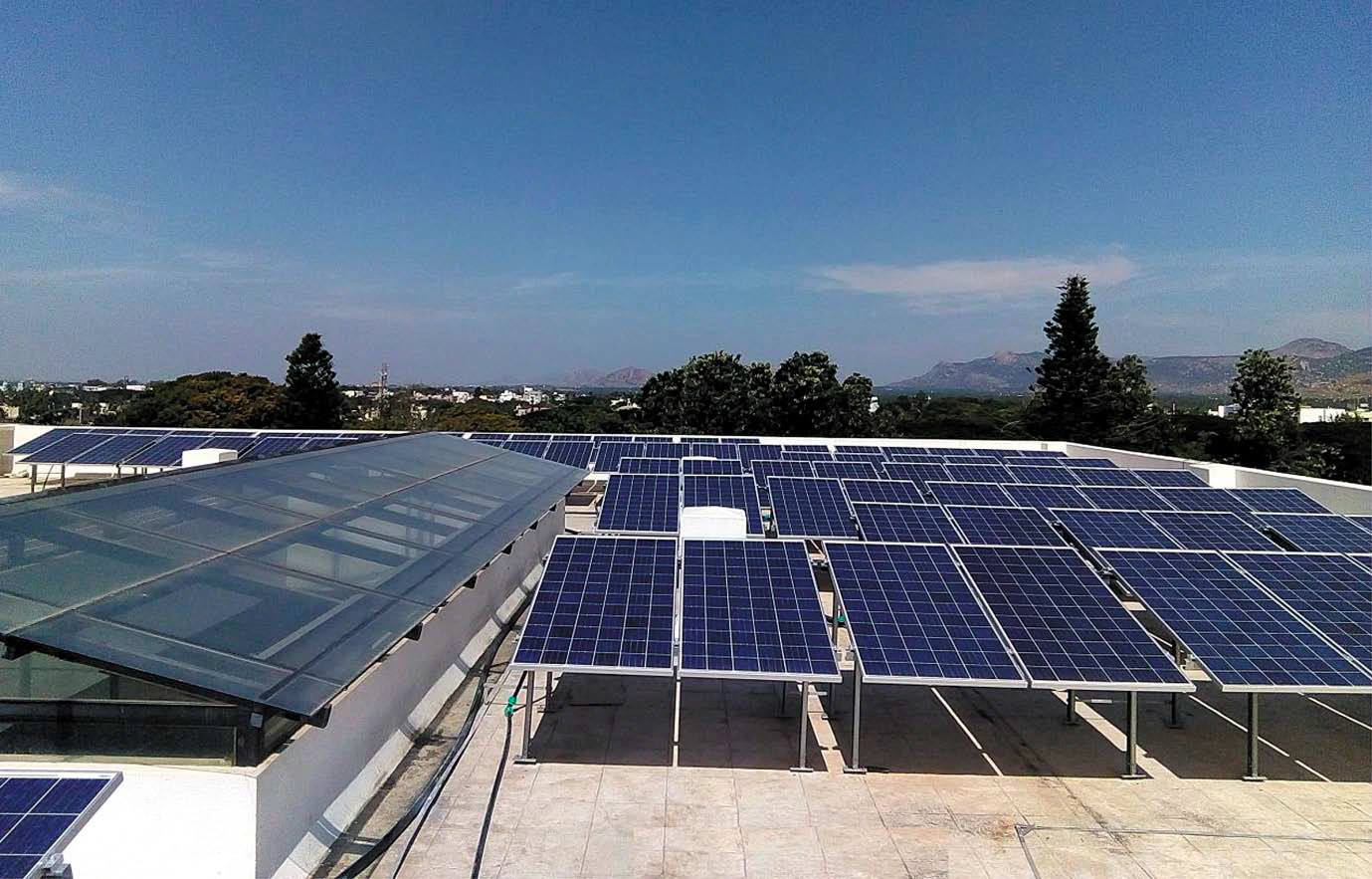
Solar Power Generation
In a step toward renewable energy, SIT has implemented a rooftop solar power plant with a capacity of 360 KW. The plant is located on the roofs of several blocks within the campus and on top of residential quarters supporting the institute’s goal of achieving long-term energy sustainability.
Solid Waste Management
The institution follows an efficient solid waste management system that includes segregation at source, composting of organic waste, and safe disposal or recycling of non-biodegradable materials. This helps maintain a clean campus while encouraging responsible environmental practices among students and staff.
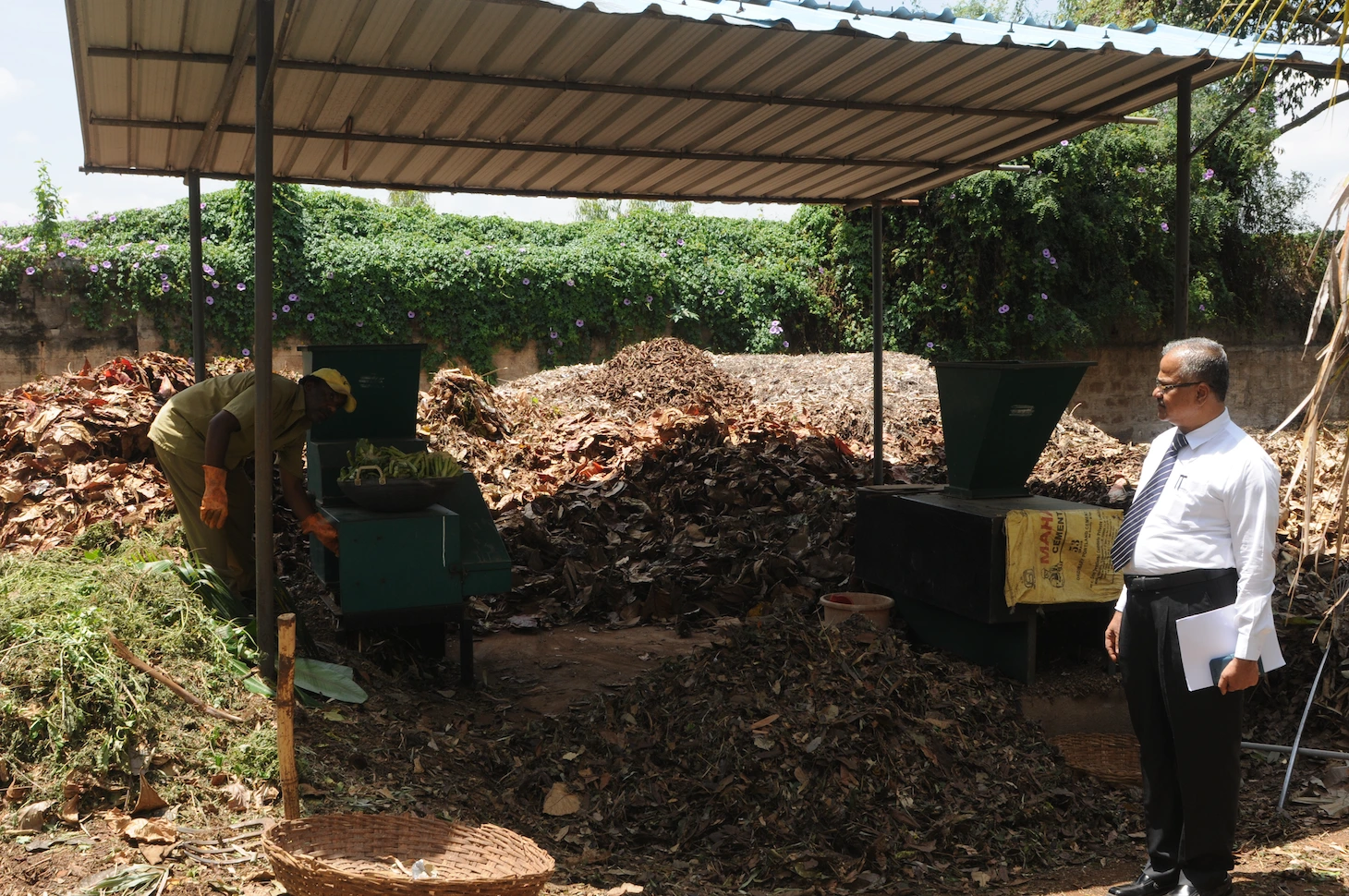
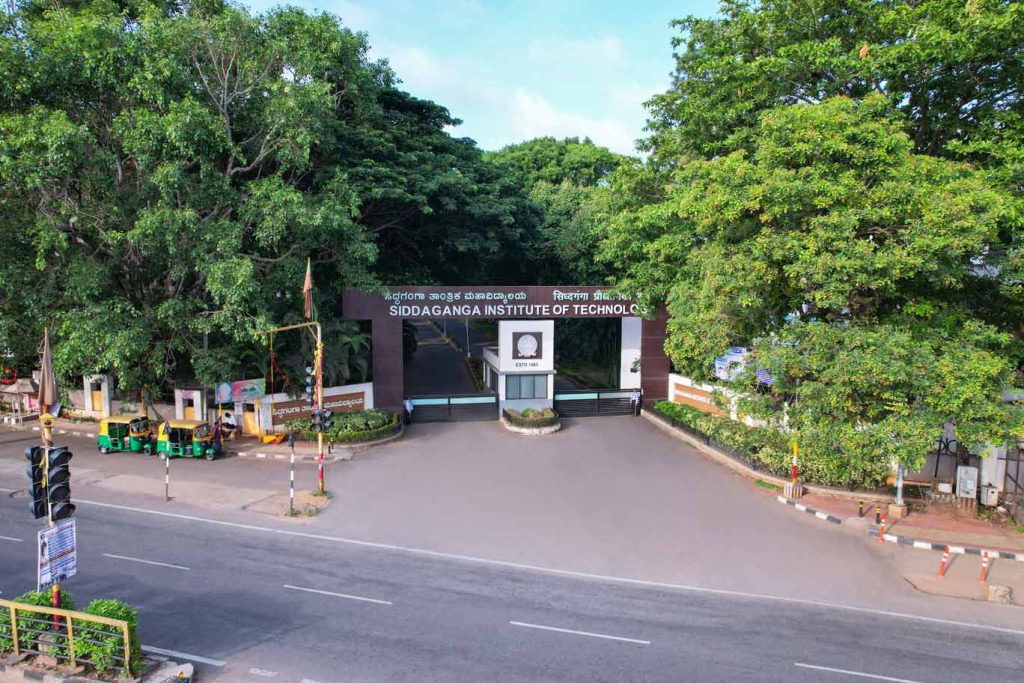
SIT boasts a sprawling, green campus that creates a refreshing environment conducive to learning and wellness. The campus is lined with native trees, landscaped gardens, and eco-zones that not only enhance the aesthetic appeal but also help in regulating microclimate, reducing pollution, and improving biodiversity. The green cover is maintained through dedicated gardening staff and the active involvement of student clubs.

To reduce water wastage and promote recycling, SIT has an on-campus Sewage Treatment Plant. Wastewater from hostels, academic buildings, and canteens is treated through advanced filtration and biological processes. The treated water is reused for gardening and flushing, significantly reducing dependency on fresh water resources.

Understanding the importance of water conservation, SIT has strategically installed rainwater harvesting systems across rooftops and open grounds. This collected rainwater is filtered and stored in underground tanks, recharging groundwater levels and supplementing water needs during dry periods. The system not only conserves water but also serves as a practical learning model for students.

To reduce carbon emissions and promote renewable energy, SIT has installed solar panels on rooftops of key buildings. These solar units generate a significant portion of the campus’s electricity requirements, especially for lighting and backup power. This initiative reflects the institute’s vision toward a self-sustaining, energy-efficient future.

SIT practices an efficient solid waste management system that includes segregation at source, composting of organic waste, and recycling of paper and plastic materials. Dustbins marked for wet and dry waste are placed across the campus, and biodegradable waste from hostels and canteens is converted into organic compost used in gardens. Awareness campaigns and student participation further strengthen this initiative.
